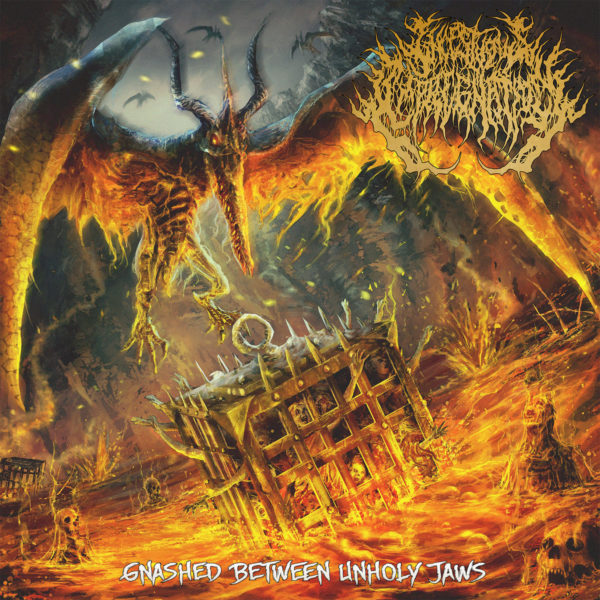

With this Letter, I wish to respond to the many requests I have received from the people of God that the entire Church celebrate, in unity of purpose, a Sunday of the Word of God. He has hidden in his word all treasures, so that each of us may find a richness in what he or she contemplates” ( Commentary on the Diatessaron, 1, 18). The Lord has coloured his word with diverse beauties, so that those who study it can contemplate what stirs them. Your word has as many aspects as the perspectives of those who study it. We are like the thirsty drinking from a fountain. Here, we are reminded of the teaching of Saint Ephrem: “Who is able to understand, Lord, all the richness of even one of your words? There is more that eludes us than what we can understand. Devoting a specific Sunday of the liturgical year to the word of God can enable the Church to experience anew how the risen Lord opens up for us the treasury of his word and enables us to proclaim its unfathomable riches before the world. At the conclusion of the Extraordinary Jubilee of Mercy, I proposed setting aside “a Sunday given over entirely to the word of God, so as to appreciate the inexhaustible riches contained in that constant dialogue between the Lord and his people” ( Misericordia et Misera, 7). Hence, Saint Jerome could rightly claim: “Ignorance of the Scriptures is ignorance of Christ” ( Commentary on the Book of Isaiah, Prologue: PL 24,17B).Ģ. Yet the contrary is equally true: without the Scriptures, the events of the mission of Jesus and of his Church in this world would remain incomprehensible. Without the Lord who opens our minds to them, it is impossible to understand the Scriptures in depth. The relationship between the Risen Lord, the community of believers and sacred Scripture is essential to our identity as Christians. He then promised to send the Holy Spirit, who would give them strength to be witnesses of this saving mystery (cf. To them, amid their fear and bewilderment, he unveiled the meaning of the paschal mystery: that in accordance with the Father’s eternal plan he had to suffer and rise from the dead, in order to bring repentance and the forgiveness of sins (cf. Jesus appeared to the assembled disciples, broke bread with them and opened their minds to the understanding of the sacred Scriptures. This was one of the final acts of the risen Lord before his Ascension. “He opened their minds to understand the Scriptures” ( Lk 24:45).
#AFFECTUS GOD FULL#
Want to learn more? Read the full breakdown of the difference between affect and effect. Here’s an example of affect and effect used correctly in the same sentence.Įxample: It’s unclear what immediate effects the new law will have or how it will affect future generations. You can also remember how affect and effect are most commonly used by using the acronym RAVEN: You can remember that affect is most commonly used as a verb because it begins with a, for action.

However, these senses of the words are much less commonly used. Complicating things further is the fact that affect can also be used as a noun (referring to a state of emotion, as in He had a sad affect) and effect can also be used as a verb (meaning to make happen, as in We can only effect change by taking action). Remembering the difference between the words can be especially hard because these senses of the words have just about the same pronunciation. Effect is most commonly used as a noun meaning a result or consequence. Affect is most commonly used as a verb meaning to act on or produce a change in someone or something.


 0 kommentar(er)
0 kommentar(er)
